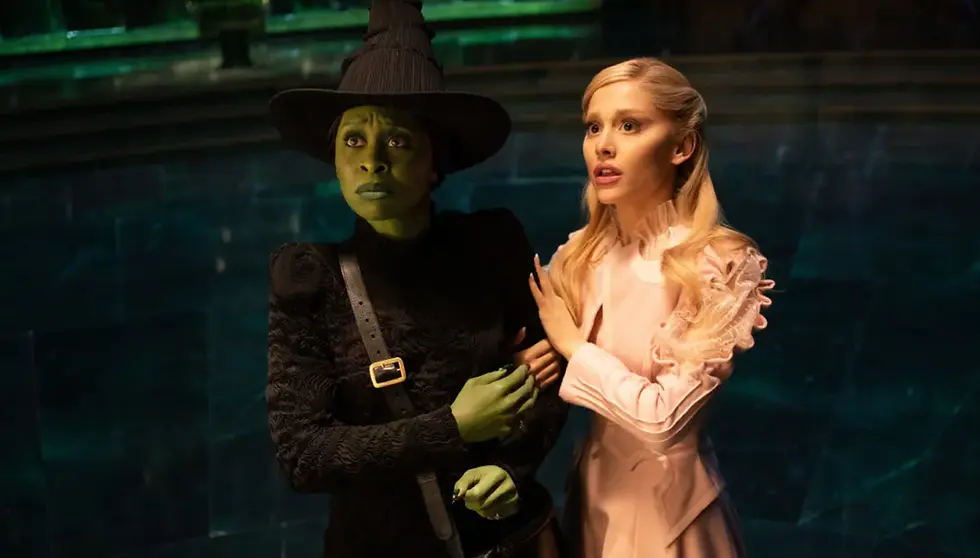Poor Things (2023 film)
- comaweng
- Feb 26, 2024
- 3 min read

Possibly one of the oddest films I’ve ever sat through (and I’m fully aware that if someone were to ask me if I’ve seen such-and-such a film, the answer will invariably be ‘No’), there was a point at which I wanted to walk out of Poor Things and head home. No, not during the fuckfest (the central character, Bella (Emma Stone) finds herself employed in the oldest profession for the same reason most people join the oldest profession: economic necessity). But it was at some point during the long developmental period. In what is essentially a different take on Mary Shelley’s Frankenstein, Bella is a creation of Dr Godwin Baxter (Willem Dafoe), to the point where Bella even calls him God, initially a contraction of Godwin but even after her personal awareness of the world at large sufficiently increases, she sticks with the name.
The point about her motor and linguistic skills still being under development is over-laboured, even if it justifies the presence of medical student Max McCandles (Ramy Youssef) – who keeps, at the invitation of Dr Baxter, meticulous records of what it is Bella is up to during any given day. She had never been taken outside before: Baxter’s face, deformed as it is, means the great unwashed – sorry, the public at large – are either spooked by his looks or otherwise point and laugh, though we never see the empirical evidence (something that, as a scientist, he bangs on about so much) of this, because he simply doesn’t appear in public.
I don’t know when the film is set – the film’s Wikipedia page claims ‘Victorian London’ (a period of more than 63 years), but then there are futuristic scenes. It’s a motion picture that can’t decide whether it wants to be in monochrome or in colour, and even when it is in colour, sometimes it’s unnaturally kaleidoscopic. An attorney, Duncan Wedderburn (Mark Ruffalo), who is instructed by Baxter to draw up an agreement that would see Bella married off to McCandles, is himself smitten by Bella, who assumes an invitation to go with him is an opportunity for freedom from Baxter and the walls of his house. It may be big and staffed with servants, but if she’s not allowed out, it’s still a birdcage of sorts.
As for Bella’s experiences in a Parisian brothel, doesn’t there come a point at which sex scene after sex scene (after sex scene, and so on) becomes pornographic? Emma Stone acts out every encounter very convincingly, but other aspects of Bella’s story are underdeveloped. She and fellow prostitute Toinette (Suzy Bemba) are off to a socialist gathering – which I would have liked to have seen. Bella appears to have some liberal ideals, but some of her other opinions weren’t, frankly, aligned with a socialist perspective.
Perhaps I’m asking too much of a film that was more about the accelerated evolutionary process of Bella, set loose on the world at large without having benefited from a school education, or even a home-school one, or learnt societal norms with regards to table and conversational manners. All that stuff is predictable as it is hilarious. The film’s conclusion, however, will please those who like their happy endings, and for all the misogyny that came before, to see Bella finally doing something she enjoys, unencumbered, is hugely satisfying, particularly the fate of Alfie Blessington (Christopher Abbott), even more of a contemptuous control freak than Dr Baxter ever was.
Bonkers with plenty of bonking, bizarre but bold. It took a while to get into it, but in the end I’m glad I stuck it out to the end.
Four stars




Comments